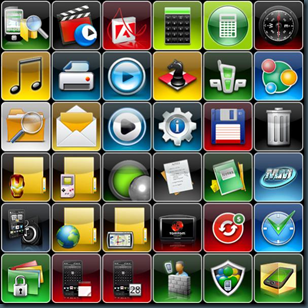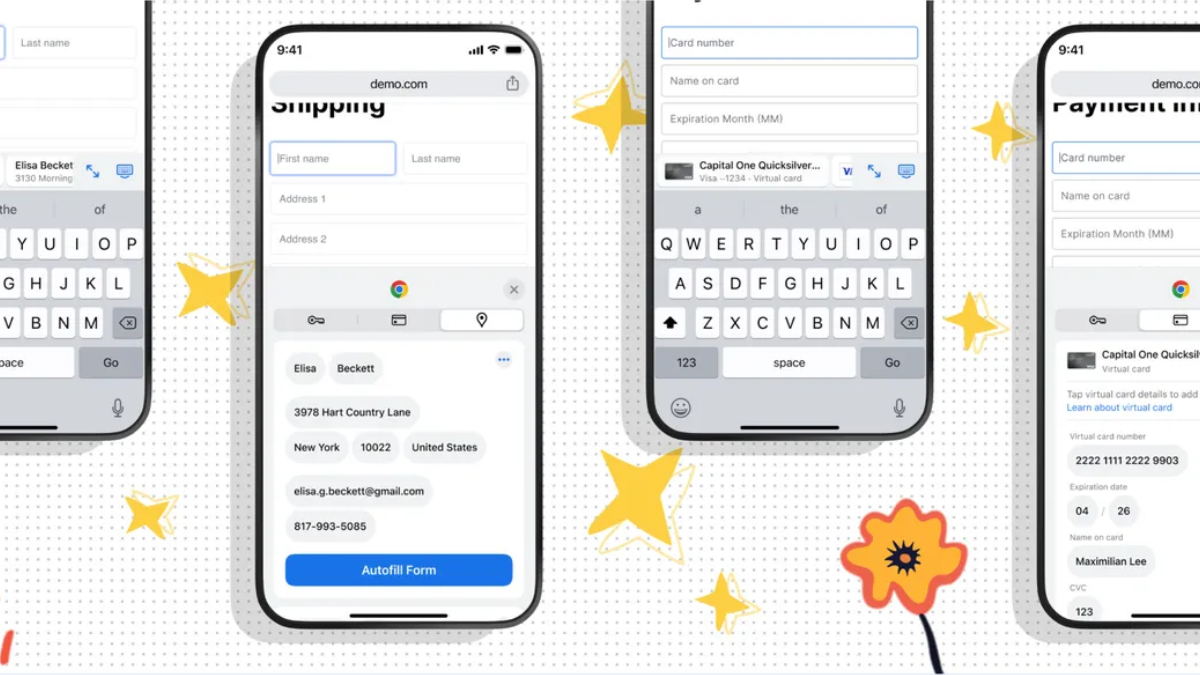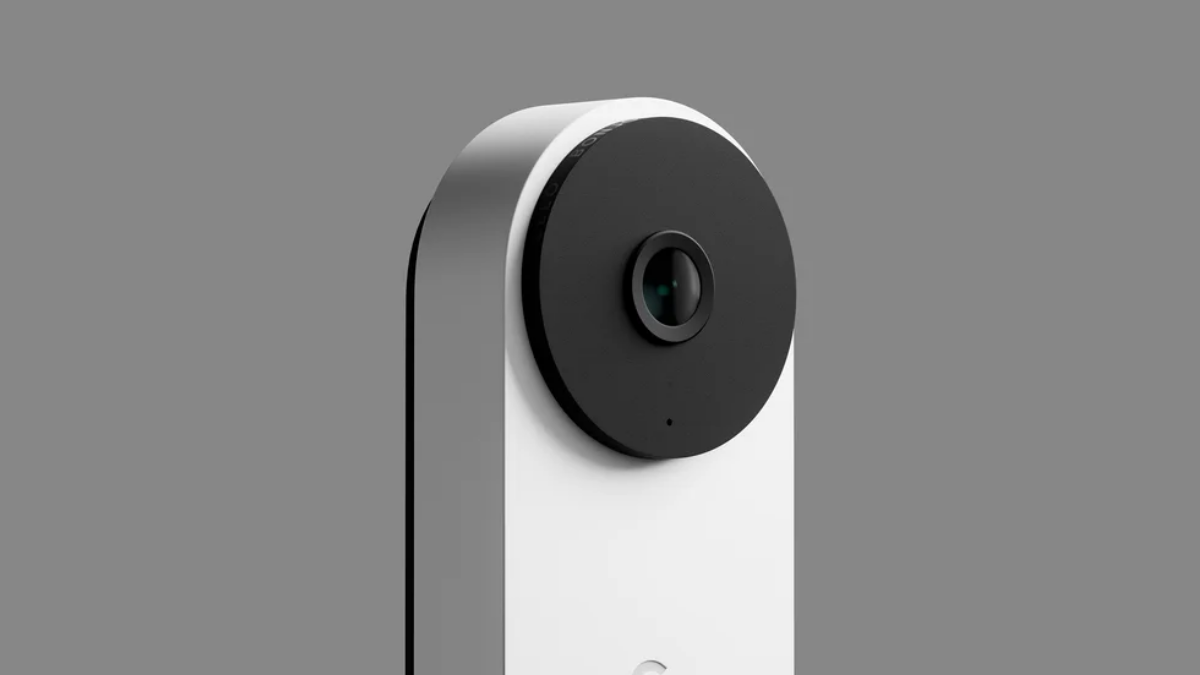Blackberry, Nokia, & Others: Same Boat, Different Directions
7 min. read
Published on
Read our disclosure page to find out how can you help MSPoweruser sustain the editorial team Read more

Editor’s Note: This is a guest post from longtime reader Bugbog. With Blackberry announcing a ~40% reduction in workforce (4500 jobs!) and an exit from the consumer market, I think this is a timely piece. We’re seeing an end to an era where companies thrived by having all their eggs in making mobile devices. You really need a strong ecosystem and diverse company to survive. I think many people overlook how vertically integrated Samsung really is and how they came to be dominant. Now on to a brief look back at history. –Suril
Nokia, RIM (Blackberry), Motorola, Palm/HP, and HTC. All pioneers and trailblazers in the mobility age. All made great profits from their ventures. However they all currently have one, or a number of things in common; They are all either in a downward spiral, losing money, or have been broken up and sold!
What the heck happened?
The greatest threat to companies when generational changes come upon them, is the desire to just “motor” on and do nothing. If, however, when that strategy becomes blindingly obvious as to lead to total failure, then they can either panic, soldier on with a strategy they lack the capacity to fulfil (due to constraints of time & money), or prevaricate till it is too late to do anything that will effect positive change! If anything, the companies mentioned above just about cover the spectrum of first generation mobility leaders.
Let’s take a look at the results of their varying business decisions that have led to their current/final positions:
Motorola:
One of The Creators of the Mobile Industry itself! Rode the popularity creation wave in the 80’s and 90’s, rode the flip-phone wave in the 00’s, but missed the birth of the smartphone (in the early – mid 00’s).
With diminishing dividend return’s to the shareholders Panic set in, and Motorola succumbed to “activist” shareholders, causing them to ‘split’ the company up in order to ‘maximize’ profits. Hence Motorola Mobility. This resulted in them having less capacity (i.e. financial backbone) to suffer projected losses. And although they were part of the initial Android bandwagon, going full-bore with, and achieved early high profits from it, they were also one of the first to foresee/project [achieve] future losses too, with an inability to compete effectively once Samsung started to shift its manufacturing weight into the picture.
End result: Sold to Google! (Google, in turn, has sold on other pieces, and is keeping the company, literally, at arm’s length, with virtually no apparent benefit to either party, other than Motorola benefiting from Google’s financial muscle!)
Palm:
A tragedy on so many levels. Although one of the first companies to react to the generational shift (to give credit, where credit is due!), they were, unfortunately, also one of the first to succumb to it.
Although they did many things right; creating their own O.S., hardware & app store. [IMO] their strategy failed when, upon the initial failure of their offering to capture the iPhone halo effect, they didn’t attempt to ‘mix things up’, offer multiple size/type devices (4″+ devices were in vogue even then!). Instead they Soldiered on till they ran out of funds and absolutely had to sell the company.
End result: Sold to HP! Unfortunately for them, HP is a company with a history of [literally] destroying the value of any company they acquire. HP continued Palm’s initial strategy with no change whatsoever, and decided to jump-in the tablet market too. They bet big, lost a bundle, and that’s all she wrote, as far as the brand Palm was concerned! (The brand has been dissolved and WebOS has been sold off to another company).
Blackberry/RIM:
This company, undeniably, had the longest run of its business model. Churning out iteration after middling iteration, for nigh on 10+ years! That the co-CEO’s did not believe their successful run was coming to an end is not surprising. They Soldiered on for a couple more years. Even when, at a very late hour, they finally decided to instigate changes to their core O.S., they still refused to evaluate current tech history, and factor in the length of time and money it would take to achieve financial equilibrium. (For example, in the year of Microsoft’s absence, Android took hold, and has ever since proved a formidable block to all other competition.
They prevaricated for quite a while, finally changing (i.e. ousting) their co-CEO’s, but the new CEO Soldiered on with the previous strategy, neglecting (or refusing) to evaluate any other alternatives. In short betting big on BB10, which was almost two years late. A time period in which they released little or no new products at all!
Once you bet all-or-nothing on one strategy, you really leave little room for alternatives. And when that strategy fails, it becomes a noose around the company as a whole, and affects and weighs down everything else they may wish to do.
End result: Blackberry has placed itself up, and open, for any method of sale, further damaging its current handset prospects. And the longer this drags on, the worse it’ll be for them.
HTC:
Ahh HTC. One of the original Smartphone ODM’s (primarily for the old Windows Mobile, precursor to Windows Phone), where they saw some success. And when they finally launched as an own brand, they saw even greater [modest] success. They were the first port of call for Google, to help them build the first Android device. And when Windows Mobile curtained, (in preparation for Windows Phone), they were the first to go full-bore with Android, achieving phenomenal success, until, of course, the coming of the complete [and incomparable] vertical integrator: Samsung!
It’s tough to see where HTC has really gone wrong (apart from its lack of comparable scale, ability and financing). One thing has become increasingly clear though, it simply cannot continue to Motor on, doubling down on its current strategy, which it has been following for the last 18+ months.
End result: HTC is a Downward spiral, projected to post negative results by the end of 2013. The “One”, on which it has banked so much, is not pulling them out of it. Something needs to be done! (Maybe change their CEO?!)
Resulting likelihood? They’ll either need to make profits within the next year, or sell the company. (The alternative is to go bankrupt!)
And finally we come to..
Nokia:
Also one of the founding companies in mobile technology. They saw immense success in the market, throughout 90’s to the mid 00’s, even becoming and holding on to the top spot for quite some time.
Despite the advent of the smartphone era they Motored on for far too long with an ageing O.S! To be fair, they were developing their own O.S., unfortunately with their staid management setup, that was taking too long, would have cost too much, and [ultimately] would have led to the situation that Blackberry finds itself in today.
Fortunately for them, they hired an outsider (for the first time in their history), and the rest, as they say, is history!
The CEO made [bold??] decisions, (no prevaricating here!); went full bore with Windows Phone, stream-lined it’s staffing and manufacturing processes, ramped up Smartphone innovation and production, and…
End Result: Nokia did turn around and was becoming profitable once again. Unfortunately they ran out of time and money and sold their Hardware & Services division to Microsoft (with caveats). So, although they are no longer a handset manufacturer, they have retained the brand name and the option to restart as one some years down the line.
The one thing the above analysis shows is that everyone has a limited time in which to do something! Doing nothing is not an option. Continuing with a particular policy or strategy due to stubbornness or pride is not good business sense, especially if you don’t factor in whether or not you have the applicable funds to weather out any possible resulting losses!
And, if you’re going to be sold, it’s better to be wanted by someone, than be desired by no-one.
Given all the losers detailed above, I would certainly think that the path Microsoft/Nokia is taking certainly has the better hand to make a success of things, don’t you think?









User forum
0 messages